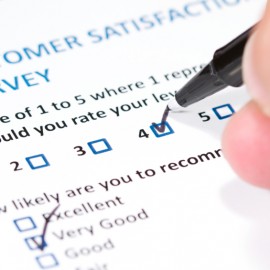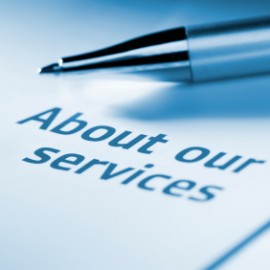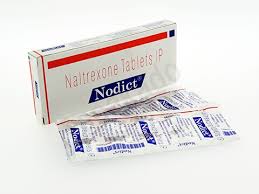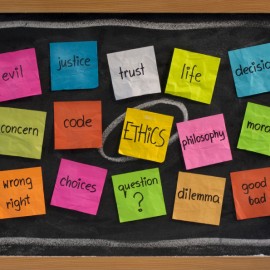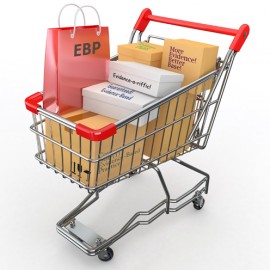Tips for Treatment Programs
 Practical tips for excellent treatment & recovery programs
Practical tips for excellent treatment & recovery programs
Everything from building safety to marketing to compliance to hospitality services to program development. Running a treatment or recovery program is a multi-tasking challenge for anyone. This blog features common-sense ‘protips’ based on more than 30 years of planning, starting, rescuing, and improving all kinds of addiction-related programs.
Have a question? Use the form in the sidebar.
space
Creating a Culture of Customer Satisfaction, Part 1
The traits we should be looking for may be missing from (or underemphasized in) the job description.
Topics: administration, customer service, marketing
Customer Satisfaction: Group vs. Individual
This is not about results. It’s about attention. Our clients want to feel as if somebody’s actually listening to them.
Topics: administration, counseling skills, customer service, marketing
The Monitoring Model
We spend a great deal of time in treatment seeking to increase patient motivation, but these programs do not rely on a motivated patient.
Topics: compliance and noncompliance, treatment models
The Power of Loss Aversion
Mike Golic, a former pro football player, was asked to recall his five best-ever performances. He couldn’t. “Ask me about my five worst games,” he countered.
Topics: program development, systems
Cynical? Or Realistic?
The system here isn’t designed to help a sick addict get off (and stay off) alcohol and drugs. It’s designed to process people in accordance with the expectations of society.
Topics: program development, systems
What Makes a Successful Treatment Program
Lose the community’s confidence in our ability to provide a safe, secure environment for their loved ones, and it’s over.
Topics: administration, program development, Why Some Programs Succeed
Alcoholism Medications– and Alcoholics
An alcoholic can self-regulate consumption for periods given the support from a research project, but when that support ends, a return to previous behavior is likely.
Topics: addiction medications, alcoholism, craving, treatment models
Ethical Challenge
The law can reflect professional ethics, but many times it does not. It’s quite possible for a certain type of conduct to be within the law and yet not meet ethical standards.
Topics: ethics, professional skills
The Compliance Problem
It presupposes a patient who agrees with the recommendations, which, particularly with addictions, may not be the case.
Topics: client engagement and motivation, compliance and noncompliance, outcomes
EBP Shopping
No matter what model you choose, you’re going to want to track outcomes to see how it’s working with your client census.
Topics: outcomes, program development, treatment models

